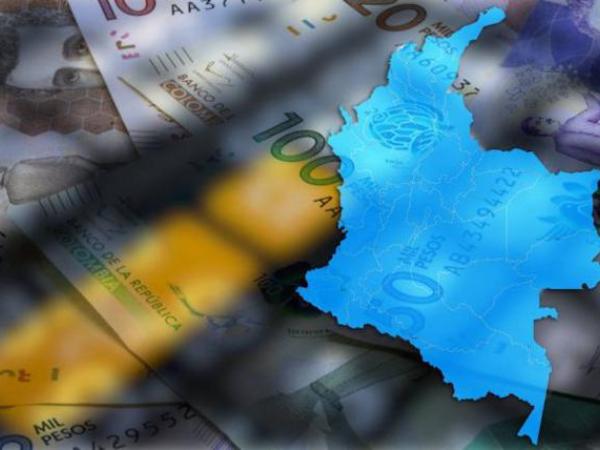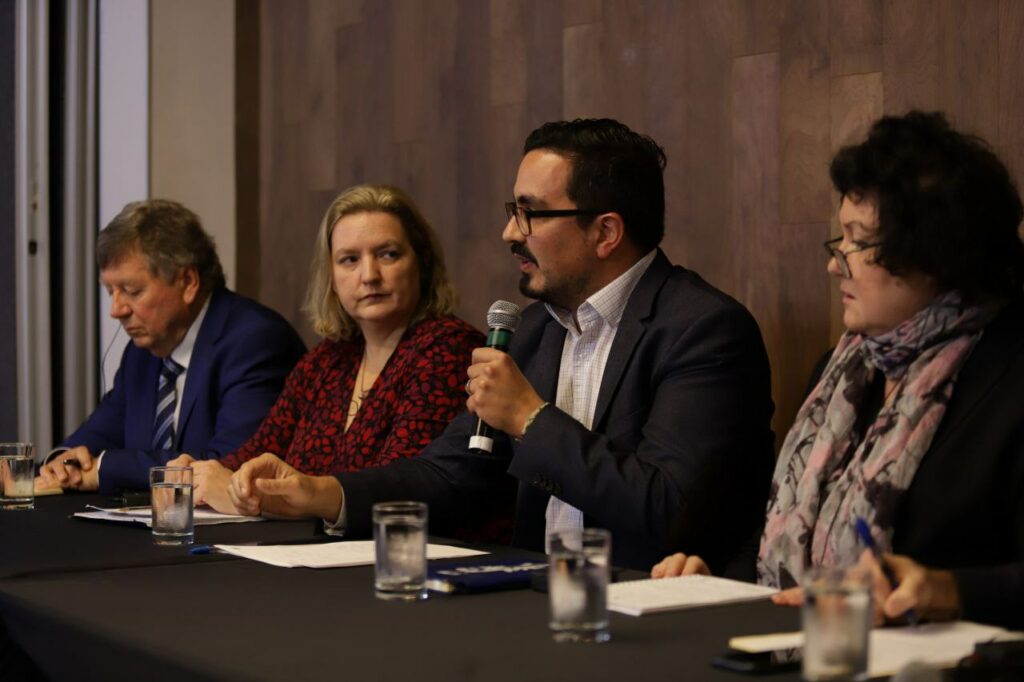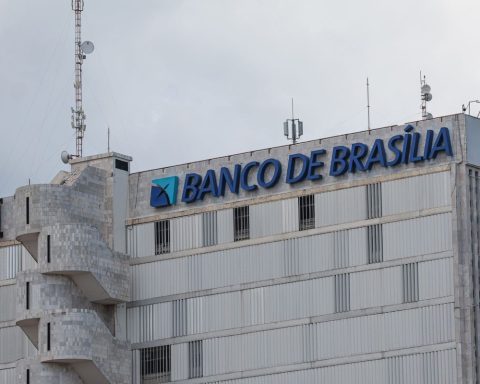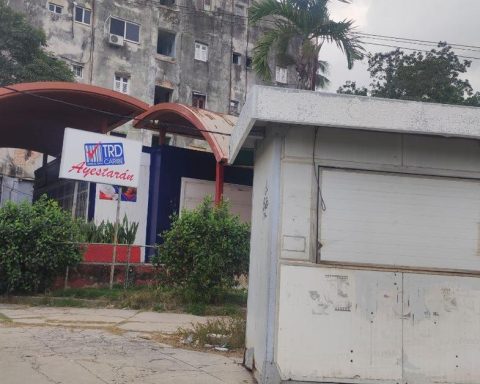An analysis by experts from the Universidad del Rosario showed that fiscal sustainability and economic growth are the main economic challenges that the government of Gustavo Petro must assume in 2023.
(Read: Get ready: air tickets would rise in price by 2023, why?).
Research shows that economic growth at the end of 2022 will be close to 7%, interest rate 12.3%, inflation 12.5% and lat the exchange rate at $4,750. A projected growth of 2.8% with inflation of 7% is expected for 2023 and a decrease in the fiscal deficit close to 5% of GDP without the fuel fund.
“It is necessary that the State as a whole initiate dialogues to avoid the volatility and speculation of the dollar, supported by the application of the principle of macroeconomic coherence that contemplates the coordination between the Bank of the Republic and the National Government in terms of monetary goals and fiscal, for which we expect interest rates to begin to drop and inflation to stabilize immediately at the end of the first quarter of next year”, explains Henry Amorocho, economist and professor of Public Finance.
(In addition: The changes that are enlisted in the Soat, in addition to the discount for motorcycles).
Likewise, the expert points out that the Bank of the Republic must demonstrate “the muscle” it has as a monetary authority so that do not allow certain factors of the economy to continue influencing the devaluation of the exchange rate. Since this affects productive activity and aggregate demand in the country.
Amorocho also points out that there needs to be a grounded discussion of the increase in the minimum wage for 2023which has core inflation as a reference for indexing.
“If we visualize the panorama of an economy that on various fronts shows promising signs such as the increase in non-oil exports by close to 23%, as well as international reserves, foreign direct investment and remittances, it is
It requires having a clear public investment route that does not allow economic growth to fall below 2.8% in 2023, despite the lower estimates that the Bank of the Republic, the International Monetary Fund, the OECD and the world bankl”, points out the expert.
Among the forecasts for 2023, analysts expect the State strengthen the agricultural and manufacturing sector with fertilizer subsidiess and the zero tariff for agricultural inputs.
(Keep reading: How the Government would use the de-indexation of prices from the minimum).
Also a comprehensive policy to support minor exports with additional funding from the budget. For the next year, Amorocho explains that there will be a confusing scenario regarding the national economy and international markets despite the approval of the tax reform.
“It is necessary to highlight the emotional component that was generated by statements that were out of a technical tone, such as those of the industrial union, which stated that businessmen would have a tax burden of 60%, before which the Minister of Finance, with official figures, showed that it was 30%. Likewise, the Government appeased the storm of the crisis in the mining-energy sector, giving continuity to the presidency of Ecopetrol and generating kind signals, although not openly forceful, about the suspension or not of the execution of new contracts for exploration and exploitation of oil,” he said.
BRIEFCASE


















